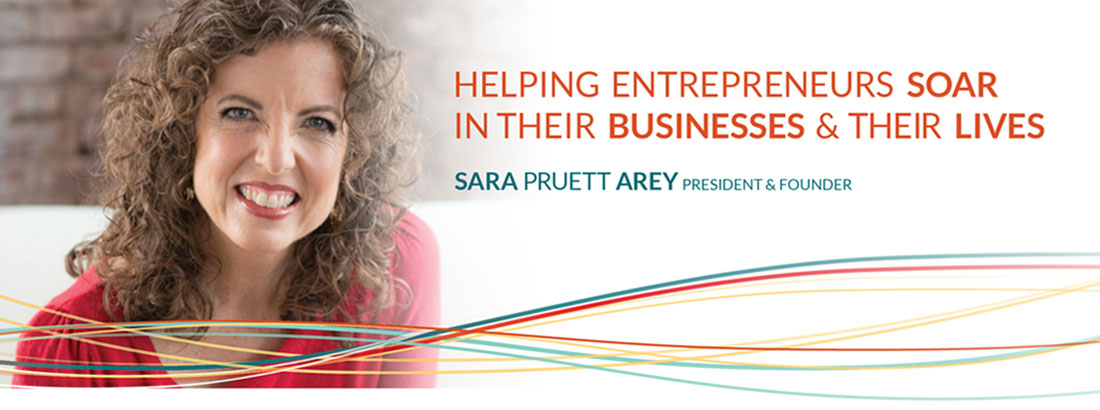I was working with a wonderful client this week (ALL my clients are wonderful!) and she said something that many of my clients have said over the years – “I’m sorry to complain!”
Let me give you a bit more of the setting for this. We were at the beginning of her session and she was telling me where she was feeling blocked and stuck. She was sharing the thoughts and feelings she was having in preparation to clearing them.
With the techniques I use, clients don’t have to tell me all that stuff. In fact, we could do an entire session without them saying a word. And, people often find it very helpful to tell me all or at least part of it.
But her comment got me thinking about the role of complaining – its downfalls and its benefits.
When we complain, we’re usually doing at least one of the following:
- Blaming someone else for what’s happened or is happening in our lives, how we’re feeling and/or how we’re acting.
- Trying to enroll others in our story, often about why we’re stuck. We want someone else to agree with us that we’re right, we can’t possibly do anything other than what we’re doing. We shouldn’t struggle any more. We should just stay right where we are. After all, look at everything that’s happened.
- Distracting ourselves from a deeper fear, thought or feeling. We’re not actually being present to what’s really going on – or sometimes even to what we’re saying.
- Wanting someone else to take care of it, rescue us. We don’t feel up to doing what needs to be done. We want someone else to take this struggle from us.
- Staying cut-off. When we complain, we often have the energy of a closed door. We’re not open to hearing from others, seeing things another way or having real and deep changes. Being closed off comes from fear. The unknown is so scary that we want to keep the status quo, even when it’s painful and we don’t like it. Our stories can feel really safe – so safe that we don’t want to let them go or change them.
None of these things is bad or wrong, but they also don’t help us change the situation.
An important thing to understand is that complaining is a sign. It’s like a flag waving to say, “I’m scared. I feel overwhelmed. There’s something I want or want to do and I don’t feel big enough, worthy enough, able to do it. I’m afraid of trying it and finding out that I’m not as good as I thought I was.”
Complaining is also our attempt to get to the heart of what’s bothering us and to release it. Complaining consciously can help us become more aware, and therefore more able to make changes.
To complain consciously:
- Don’t judge yourself.
- Don’t beat yourself up about having complained.
- Don’t shut down.
- Don’t push down all those feelings and thoughts. (That’s actually a great way to keep them around.)
What’s important is to simply be with what’s going on for you.
It’s feeling your feelings, even when they’re dense ones like anger, hurt, and jealousy.
It’s allowing your thoughts, even when they’re scary or dramatic or embarrassing.
To consciously get to the heart of what’s bothering you:
- Stay present. Don’t run on automatic pilot. Really listen to what you’re saying and how you’re feeling.
- Notice themes. Are there specific fears that keep coming up? Do you often put yourself in the same role? Is there a story that you tell over and over? What’s the story really about?
- Ask yourself these questions:
- What am I getting out of this situation? How is it benefiting me? For example, is it letting you play small? Giving you an excuse in case you fail? Making you look good because someone else looks bad?
- How do I do these same things to other people?
- How do I do these same things to myself?
- Stay open. Take deep breaths and stay open to what’s coming up. Open to new insights and new ideas.
Doing this turns complaining into a consciousness raising. Add in energy releasing and the results are astounding.
As for the client I mentioned before, what she shared at the beginning of our session was fabulous – lots of old gunk! She was amazed at the end to realize that not only had it all cleared, but she’d gotten incredible insights along the way.
Her words were, “I had no idea how much my fear and distrust were blocking me. Before, I would have said I was pretty okay. Now I feel free.”

Comments 6
I love the idea of complaining as consciousness-raising! Or theater! Or music! Or … musical theatre: http://www.youtube.com/watch?v=LnJNeyCYr6E
I’m so glad you wrote about this.
But … wait … was that client … me??
Author
LOL. It wasn’t you, Deborah, but I bet a number of people will see themselves in that.
Thanks so much for the link to your song! I’d love to see that performed in person (hint). 😉
Sara
Thanks for this Sara – I’m keeping this to refer to in the future with my clients, and myself! I love all your articles.
Author
I’m so glad you found it helpful, Laura! Thanks for letting me know.
Well, I was sure this was me, too, except I am not your client. 🙂
You’ve given me things to consider…and work on.
xoxo
Teri
Author
LOL! I love it, Teri. Thanks for commenting.
😀